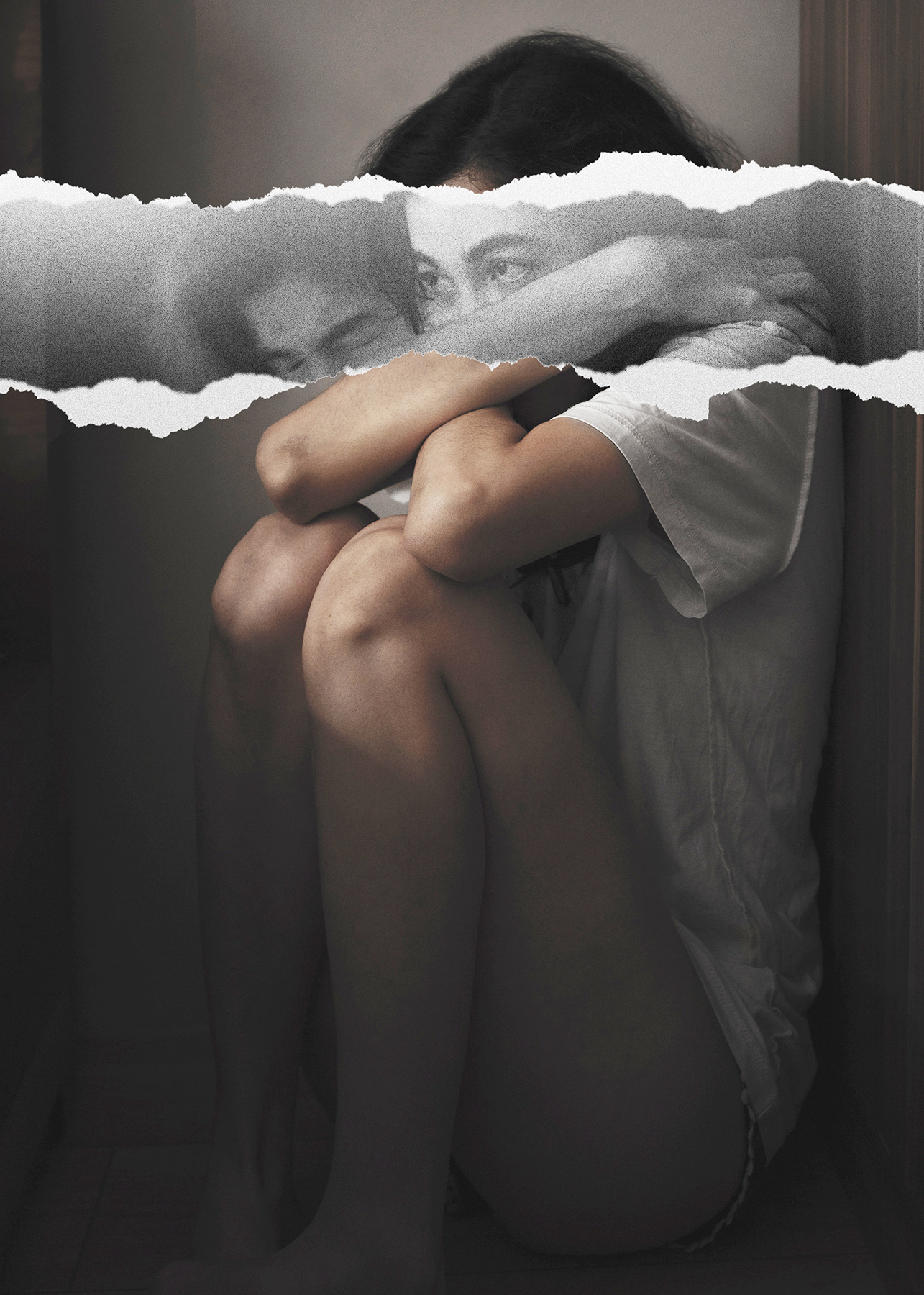The silent pandemic no one talks about
And why we need to save victims
At A Glance
- We are all social beings and belongingness is one of the basic human needs. But it does not mean losing oneself, one's sanity, one's dignity, and to some women—even one's life—as a display of dedication to the other.
By YVES LAURENT CAISIP

The outbreak of Covid-19 has caused restricted movements to a lot of people. Lurking behind it is another pandemic not openly discussed by victims, what experts call the “shadow pandemic,”—in which, thanks to isolation brought by the disease, one out of three women worldwide experiences physical and sexual violence from their intimate partners.
Data has shown that the numbers intensified during the lockdowns due to restricted movements as well as prolonged time spent at home by both the perpetrators and the victims. As Covid-19 exhausted the frontline health service providers, helplines, shelters, and, women and children responders also reached its maximum during the lockdowns. One cannot imagine the emotional and psychological anguish, not to mention the physical pain, the victims are subjected to as they get the blows, slaps, kicks, coupled by curses from the people who are expected to be their partners, protector, ally in life.
In 2020 alone, reported cases reached 65 percent. The same picture is painted in Asia and the US, and pretty much everywhere. While other countries experience increase in reports, the Philippines experienced the opposite, the reported cases went down not because it didn’t happen as often, but also due to limitations on physical movements, access to public transportation, and information on where to seek help from the confines of their homes.
Just recently, the viral video showing the horrific acts of violence from a police officer toward his partner made rounds on different social media platforms, an indication that even those people in authority commit violence against women and children (VAWC).
As I was going around the country, giving trainings to grassroots level on how to handle reported cases of VAW, it has been reported that VAW transcends all socioecomic levels, age, gender, and even educational attainment.
One would assume that since a certain social status or educational attainment is reached, these incidences do not happen. Wrong! Yes, it happens even in there and it happens a lot. Even in the upper socioeconomic levels and among higher educated people, it is rampant.
And women including their children suffer in silence, which is why this issue is considered a silent pandemic that needs to be prioritized. To make matters worse, some would turn the blame on the victims and that there are justifiable reasons the victims deserve or should expect to be hit.
In some instances, these situations are considered as “away mag-asawa lang” and intervention is considered intrusion to one’s privacy. Since it happens behind closed doors, it should be kept there.
Leaving the parties involved to resolve the matters by themselves may result in a cycle in which the aggrieved simply submits to the dominant party.
VAW, a grave violation of human rights, is a manifestation of one’s erroneous sense of superiority over another, a flawed sense of entitlement, a display of power over the other partner. It stems from the belief that women are supposed to be submissive and meek, based on the misinterpretation of a biblical passage about Eve being created from Adam’s ribs—“hinugot ka lang sa tadyang ko—therefore, of lower status and also the phrase “taga-pagdala ng aking lahi,” keeper of the family legacy.
Gender equality is not just a fundamental human right. It is also vital for economic growth and a necessary foundation for peace, prosperity, and sustainable development. The conversation on promoting gender equality is not just an affair exclusive to women and girls. It is an affair for all of us, so that we start to check our own biases.
We are all social beings and belongingness is one of the basic human needs. But it does not mean losing oneself, one’s sanity, one’s dignity, and to some women—even one’s life—as a display of dedication to the other. As we pray to the deities of the high heavens for “the sign,” if the person we welcome into our lives is “the one,” let’s not forget to also pray for ourselves, for eyes open enough to see the “red flags,” for a heart open enough to accept that an abusive partner is not “the one,” for the courage to leave and save ourselves.